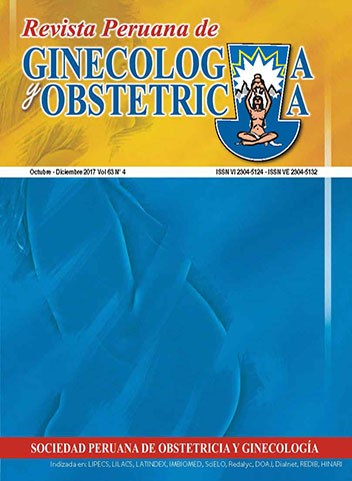About cesarean delivery: just a problem of numbers?
DOI:
https://doi.org/10.31403/rpgo.v63i2044Abstract
As we know, elective cesarean section is a surgical procedure designed to reduce maternal, neonatal and perinatal morbidity and mortality, in situations that hinder vaginal delivery or that require an immediate termination of pregnancy (1). However, it is not free of complications. The same operative act and the effects of anesthesia can cause problems in the mother and in the child. In a 2016 systematic review evaluating maternal mortality attributed to anesthesia during caesarean section, it was found that 2.8% of maternal deaths, 3.5% of deaths due to obstetric complications and 13.8% of Total surgeries were attributed to the effects of anesthesia (2). On the other hand, it is known that a cesarean section increases the risk of death by six times when compared with vaginal delivery (3).Downloads
Download data is not yet available.
Downloads
Published
2018-01-28
How to Cite
Bobadilla Ubillús, L. E., & León Jimenez, F. (2018). About cesarean delivery: just a problem of numbers?. The Peruvian Journal of Gynecology and Obstetrics, 63(4), 659–660. https://doi.org/10.31403/rpgo.v63i2044
Issue
Section
Cartas al Editor
















